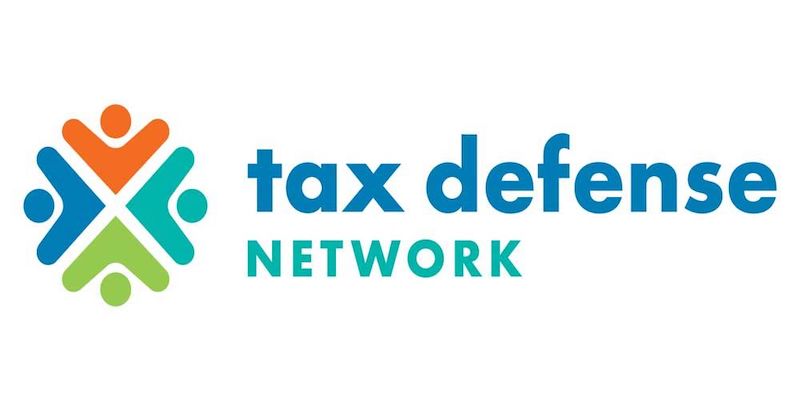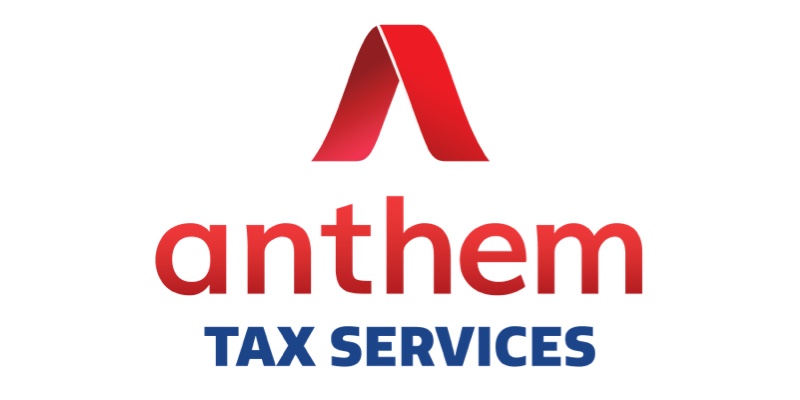Can’t Pay Your Taxes This Year? Here’s What to Do
Updated:
Retirement Living takes an unbiased approach to our reviews. We may earn money when you click a partner link. Learn More

If you’re having trouble paying your taxes this year, relief is available. Tax filing requirements and paperwork are stressful enough, but if you owe the IRS money you don’t have, things can quickly become overwhelming.
There are several reasons why you may not be able to pay your IRS taxes, such as underreporting your taxes, underpaying them, or navigating unplanned financial issues like a job loss. If you’re struggling with tax debt, here are smart ways to get home help.
What If I Can’t Pay My Taxes?
First and foremost, if you foresee issues with paying your taxes, the IRS recommends that you file your return and pay what you can. You may incur interest charges or late payment penalties, but taking some action is better than no action at all.
The IRS can garnish your wages or seize your assets to cover the taxes you owe if you don’t start working toward resolving your tax debt using one of the strategies below.
If you can’t pay your taxes, here are your tax relief options:
1. Use a Tax Relief Service
The IRS offers a few payment options for people who can’t pay their taxes on time. However, the qualification requirements are complicated and can vary — a solution that works for one taxpayer may not be in your best interest. This is where tax relief services come in. Tax professionals and lawyers can provide limited services like setting up payment plans on your behalf or full coverage like filing returns, managing appeals, and negotiating settlements (we’ll discuss these options more below).
Unfortunately, some less-than-professional tax relief firms have been caught making unrealistic promises and charging hefty service fees. It’s important to research several companies’ reputations and understand the conditions that come with engaging their services before signing with them.
If you are considering hiring a professional to resolve your tax debt, start your search by reviewing this list of reputable tax relief companies.
Great for financing

Tax Defense Network
- Bilingual customer service
- Licensed in all 50 states
2. Apply for a Payment Plan
You can make payments on taxes, and if approved, you do not have to pay your taxes all at once. Two options are Payment Plans and Installment Agreements. A payment plan can give you up to 180 days extra days to settle your tax liability, and an Installment Agreement can spread out your IRS payments over 180 days up to several years. To qualify for a Payment Plan or Installment Agreement with the IRS, you must owe $100,000 or less in combined tax, penalties, and interest and have filed all required returns.
The IRS may charge a setup fee to initiate a plan, but the fee is generally more affordable than the penalties and interest you would incur by not paying your taxes. These plans also do not stop penalties and interest from accruing on balances due, including a failure-to-pay penalty of 0.5% a month, and interest will accrue on what you owe until the balance reaches 25% of the total due.
3. Settle Your Unpaid Taxes with the IRS
If you cannot pay your full tax debt, you may request to settle your tax liability with the IRS by applying for an Offer in Compromise (OIC). With this solution, you’ll settle your tax bill for less than the amount owed — if you can prove financial hardship.
The IRS will evaluate your income, expenses, and ability to pay when making a decision. According to the IRS, only about one third of OIC applications filed in 2022 got approved. If your request is accepted, however, you can choose to pay your taxes at once within five months or with periodic payments made over 24 months.
4. Prove Financial Hardship
If you can prove significant financial hardship — meaning you cannot afford to pay anything toward your tax debt — the IRS might temporarily suspend collection efforts until your circumstances have improved by placing your debts in Currently Not Collectible (CNC) status. Be aware that interest and penalties will continue to accrue during this time, so your tax debt will never be fully eliminated.
Note: CNC status is different from a penalty abatement, in which the IRS may waive or reduce penalties if your inability to pay is the result of a natural disaster, serious illness, or erroneous advice from an IRS representative.
From The Expert
“There is also a little-known program called “First Time Penalty Abatement,” which can be requested over the phone or in writing. It allows taxpayers who have made their first “mistake” with taxes to have penalties abated on their account without any extenuating circumstances claims.”
How to Pay Back Taxes: Additional Options to Consider
There are several other solutions for paying your taxes, but you’ll want to consider them carefully, as these decisions could carry significant long-term consequences. Talk with a reputable tax professional and licensed financial advisor to determine whether these options are viable for resolving overwhelming tax debt.
- Pay with a credit card. You can pay your taxes with a credit card, as long as you use a third-party payment processor approved by the IRS. This method for paying back taxes will sidestep penalties and interest from the IRS, but you’ll still pay processing fees. In addition, you will need to pay off your credit card balance to avoid interest payments and potentially damaging your credit score.
- Pay with a personal loan. If you don’t have great credit, a personal loan with a lower APR than the fees charged by the IRS could be an option. Just be sure to compare the rates, fees, and term limits offered by each lender to ensure you’re making a wise financial decision. Alternatively, you could leverage your home equity for cash with a home equity line of credit (HELOC).
- File for bankruptcy. Certain types of tax debt that are more than three years old may be able to be discharged by filing for bankruptcy. Again, this is a major decision with long-term consequences, so chat with a professional before filing. They can also help you determine whether Chapter 7 bankruptcy or Chapter 13 bankruptcy is an option.
Compare Top Tax Relief Companies



The Bottom Line
If you cannot pay the tax balance you owe, it’s important to start working on a solution with the IRS to pay some or all of your taxes as soon as possible. You can proactively take action yourself or hire professional help, such as a tax relief company or a qualified tax professional, to guide you.